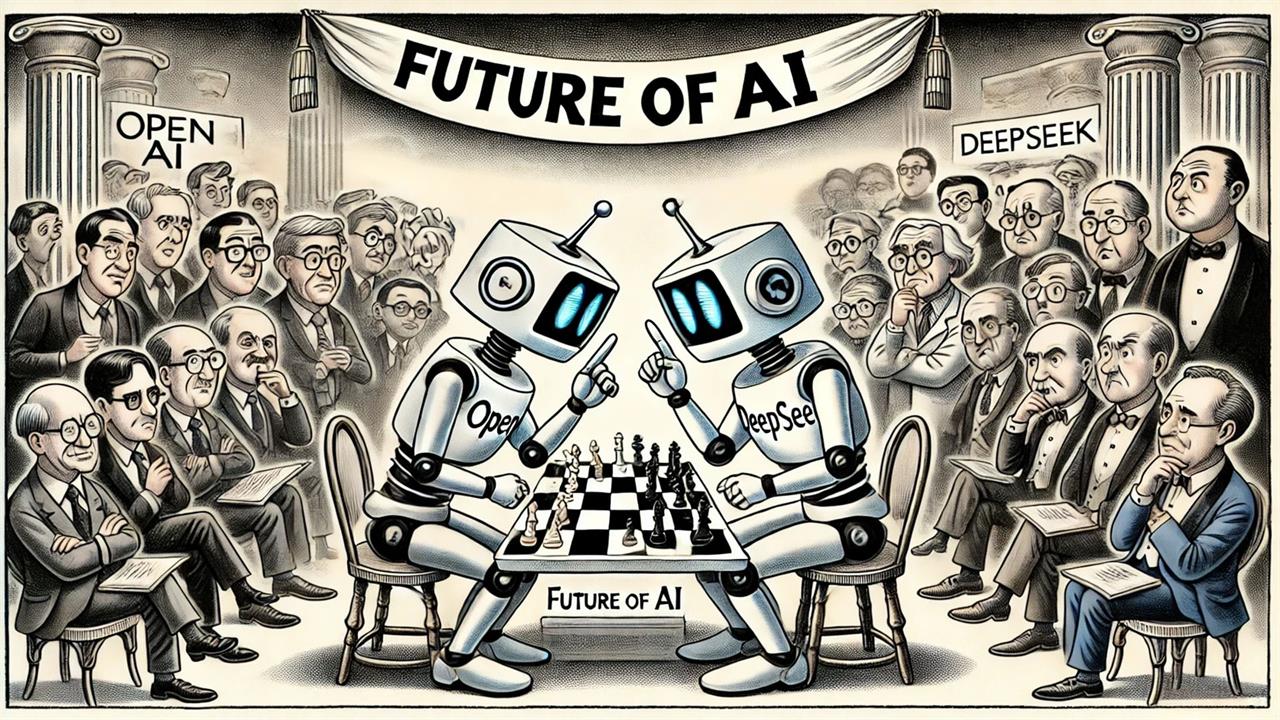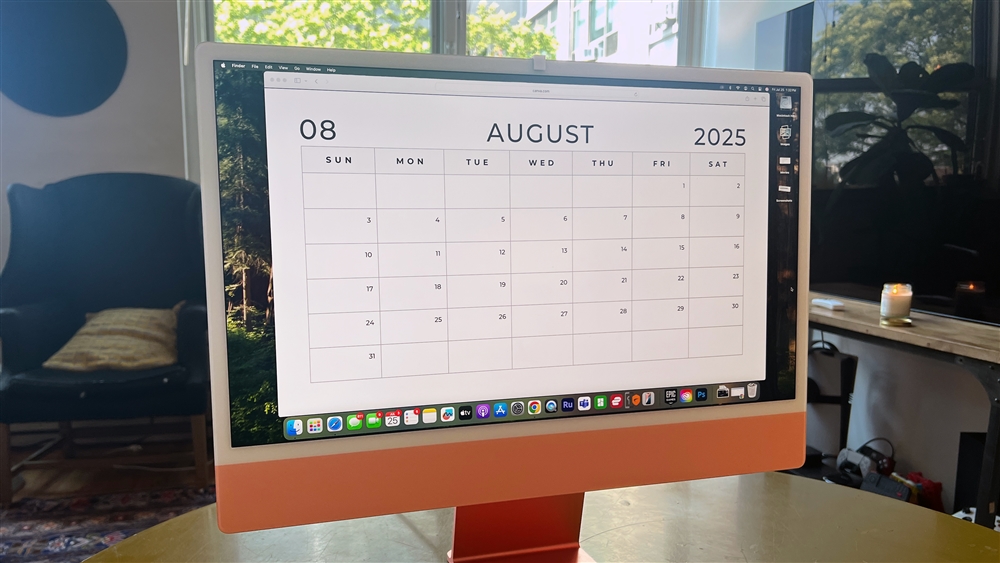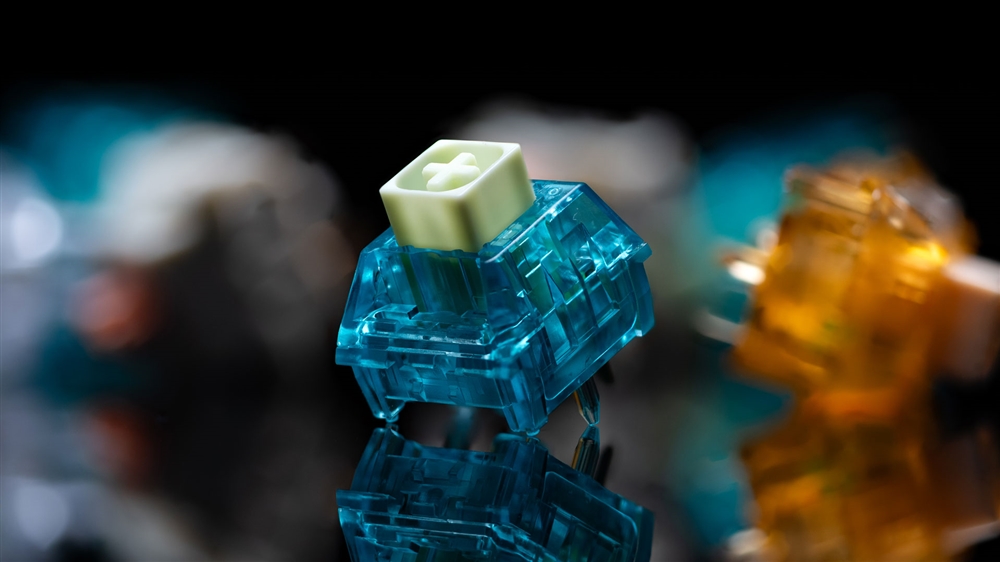This Week in AI: DeepSeek promises AI on the Cheap Amid Historic Investments
For Jan. 31, 2025: New copyright rules, Grok 3 launch, Apple Intelligence now default on iPhones, Perplexity bids for TikTok.

DeepSeek AI made a splash when the Chinese company behind it revealed that it was able to provide functionality competitive with OpenAI's ChatGPT at a fraction of the cost and compute power, effectively making advanced AI available to everyday hobbyists.
At the same time, Japanese firm SoftBank is reportedly finalizing an agreement to invest as much as $25 billion in OpenAI reported by the Financial Times, Wall Street Journal and CNBC. If completed, the investment would mark the tech industry's largest ever funding round.
The two AI company's fortunes represent the latest example of the sharply different bets people are placing on AI startups. OpenAI, for example, has struggled to pull a profit despite its wide popularity providing access to its AI services to people and businesses.
DeepSeek, meanwhile, is the latest example of how many of us may not need to pay companies like OpenAI in order to access advanced AIs.
The result is that tech stocks have been on a rollercoaster over the week, pushing down the values of many tech companies, especially ones who made AI-supporting hardware like Nvidia. Investors, broadly, seem worried Nvidia may not sell as many of its expensive AI-powering chips if the technology doesn't require as much horsepower. But others argue that more people may now buy Nvidia chips because they can build an AI themselves.
“DeepSeek is an excellent AI advancement,” an Nvidia spokesperson said in a statement to CNBC this week.
One way DeepSeek has stood apart is by offering its code open source, effectively allowing anyone with a powerful enough computer to run it locally. AI tech company Unsloth said a pared down version of DeepSeek can run without a GPU on a computer installed with just 20GB of RAM, though more is better.
US Copyright office sets new AI rules
The US Copyright Office has released a 41-page report about how it expects AI generated content to be treated, after the input of more than 10,000 public comments. The verdict: Raw AI output, like the results of "write me a story about a duckling and a pirate" is not copyrightable. Neither is an image or video created with AI tools.
However, if a human heavily edits that AI pirate story, then it is potentially copyrightable, and the same is true if the human introduces AI elements in a larger work (such as, you've written a novel, and had AI help with dialog in some sections).
Films using AI special effects will likely be copyrightable, and so will multiple AI clips edited together, like those widely criticized Coca-Cola and Toys-R-Us ads.
The key, the report says, is human creativity.
“Where that creativity is expressed through the use of AI systems, it continues to enjoy protection,” said Shira Perlmutter, Register of Copyrights and Director of the U.S. Copyright Office, in a statement to the Washington Post. Merely prompting an AI to create things, meanwhile, won't be enough.
This week's report is the second in a three-part series from the office, which released its first findings last July. The Washington Post said the third report is expected to tackle the legality of training AI on copyrighted material, something nearly every AI company has been accused of.
Grok 3 on the way
Elon Musk's xAI appears to be nearing release for its next-generation Grok AI, according to a report from TechCrunch. The report details how some users on the X social network said they'd gotten to use the upgraded AI that was capable of creating code and answering riddles, an indication of how capable it is.
Musk had expected Grok 3 to release late last year, after being built on what he said was 100,000 Nvidia H100 GPU chips, which typically cost about $30,000 apiece.
Apple Intelligence on by default
When Apple introduced its Apple Intelligence feature for iPhones, iPads and Mac computers last year, the company said it was largely in testing, and users had to actively choose to turn it on. Now, with the release of Apple's latest iOS software, called 18.3, the technology will be turned on by default.
The move means that owners of recent iPhones and iPads, including all iPhone 16 models and 2023's iPhone 15 Pro and iPhone 15 Pro Max, will include this change. Each iPad powered by an M-series chip rather than less-powerful A-series chips will also be affected.
Users can choose to turn the feature off by opening "Settings" on the device, and tapping on "Apple Intelligence & Siri." There, users can toggle the AI feature off.
Perplexity bids for TikTok
AI startup Perplexity joined the fray of companies vying to buy TikTok's US business, the Associated Press reported. The bid would take TikTok shares to the stock market with a value of "at least $300 billion." The AP reported that Perplexity, which would merge with TikTok's US business, would also allow the US government to buy up to a 50% stake of the new entity. The government would not have any voting power or corporate control, according to the AP's sources.
Perplexity is the latest of many suitors who have expressed interest in buying TikTok's US business, including reportedly Microsoft, Oracle and even YouTube sensation Jimmy "Mr. Beast" Donaldson.
Read more: AI Tools and Tips
- What is Meta AI? A Capable Chatbot That’s 100% Free
- Hands-on with ChatGPT o1-preview, OpenAI's Latest Innovation
- How to Get Started with Copilot for Microsoft 365
- Getting started with LM Studio: A Beginner's Guide
- Meet Claude, the Best AI You've Never Heard of
- How to Get NVIDIA Chat with RTX: Local AI for Everyone
Ian Sherr is a widely published journalist who's covered nearly every major tech company from Apple to Netflix, Facebook, Google, Microsoft, and more for CBS News, The Wall Street Journal, Reuters, and CNET.










